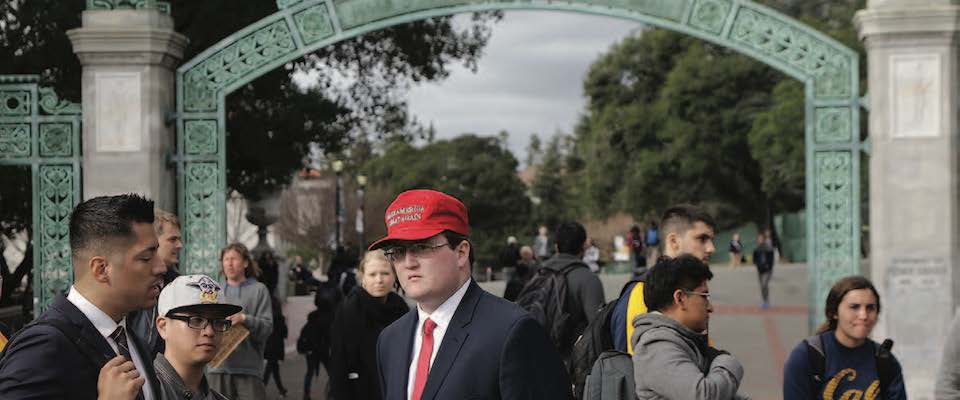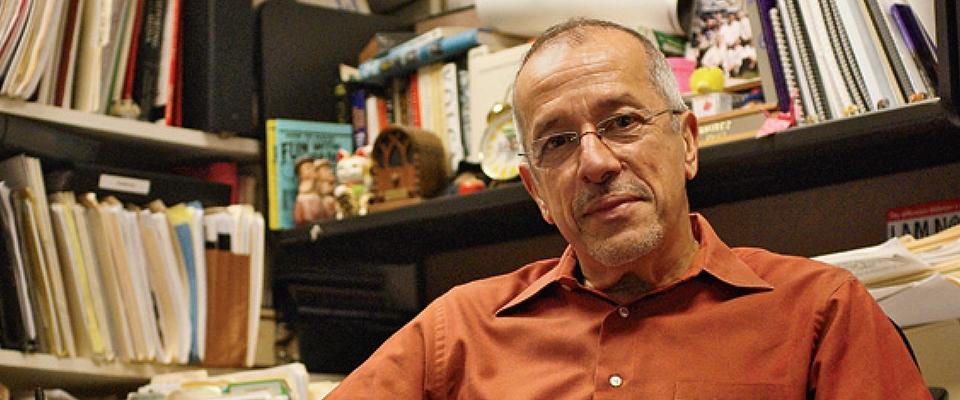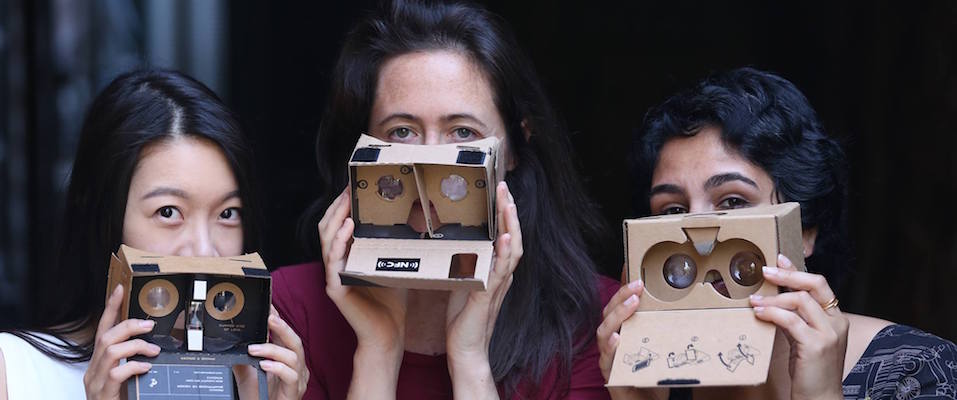When you check out the table of contents for this iteration of CALIFORNIA you might be surprised by the many entries listed in the feature well. Generally speaking, the well is where we offer up several long-form stories off the theme of the magazine. The number of stories and bylines this time around doesn’t mean we’ve exceeded our usual page count, or eliminated all the other departments. It just means we are offering one very long story and some very short ones. But if we are successful, the myriad engaging, edifying, surprising, and surprisingly poignant bits and pieces will on close inspection fashion themselves into the Power issue.
Though short in stature, the flyweight features pack a collective punch, each being as they are about the power of big and small things, ideas, even situations. But what unifies and energizes all of them is an even larger force: The University of California, Berkeley. It’s this remarkable public university that is the power behind the Power issue.
As my colleague Pat Joseph, the creative and editorial battery pack who conceived, assigned, and edited this issue, explains in his introduction, we defined power “as broadly as possible and with an eye to Berkeley experts and the way their expertise shapes or informs how we live today.”
Berkeley’s expertise is both deep and broad and seemingly paradoxical. The contradictions are a natural byproduct of a public university that is required by law and ethics to educate many, explore comprehensively, and discriminate not at all. To meet its obligations, it has from its inception formed alliances with students, faculty, parents, corporations, state politicians, and government agencies.
Which is why, says Pat, “Berkeley is an argument. It’s the place that built the bomb and gave rise to the sixties counterculture. It never gets reconciled.”
Alumni well understand this. Berkeley is, after all, a public institution that educates engineers alongside chemists, optometrists, and English majors. It offers safe harbor to Marxists as well as right-wing reactionaries. It provides tables along Sproul Plaza to atheists as well as born-again Christians.
Even the haters get it. When Milo Yiannopoulos decided to round up a band of ultraconservatives to teach progressives a thing or two about the First Amendment, he targeted Berkeley. And while Free Speech Week, his heavily promoted but poorly planned pseudo-event, turned out to be a charade—and a very expensive one for the University—it received a lot of attention, much of it based on geography. Milo trends big on Google whenever he comes to Berkeley.
Milo might not like it here, he might denounce it as the land where PC thinking has risen up and strangled free speech, but he has no problem drafting off the University’s reputation. The place, he knows, crackles with energy. Even on a seemingly dull day, campus denizens are hanging around a beautiful, often sun-drenched campus, and occasionally drinking coffee next to a Nobel laureate, MacArthur genius, or researcher in the midst of a scientific breakthrough.
No wonder Milo and his friends keep agitating to come back here. Perhaps he’s come to recognize what the late Clark Kerr, who was a Berkeley chancellor before becoming president of the UC system, understood: “If you are bored with Berkeley, you are bored with life.”






















